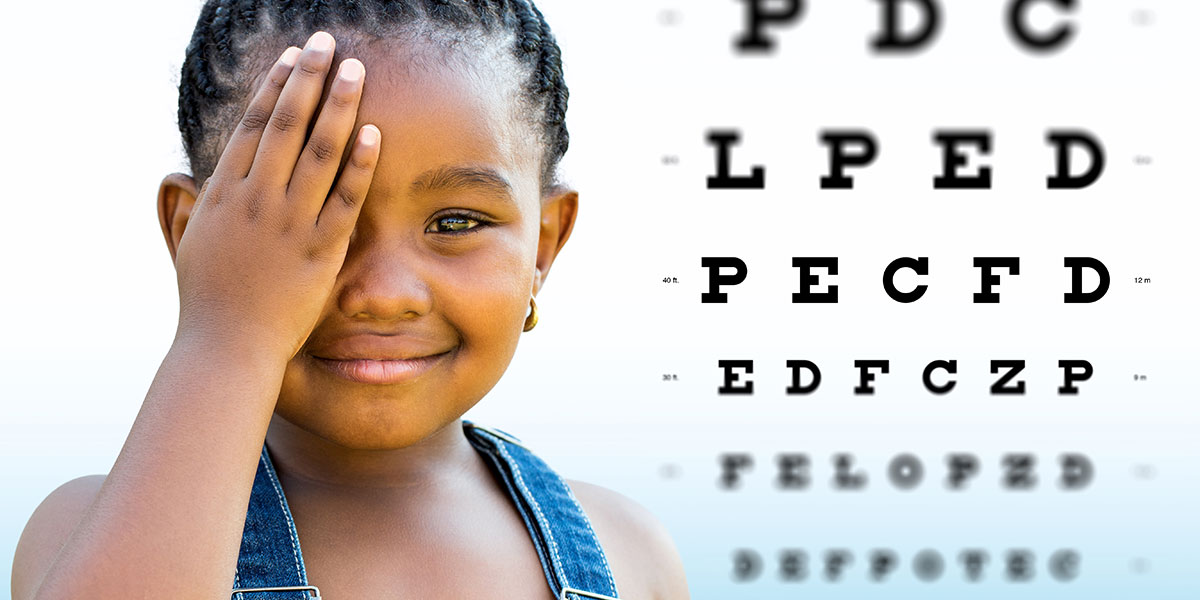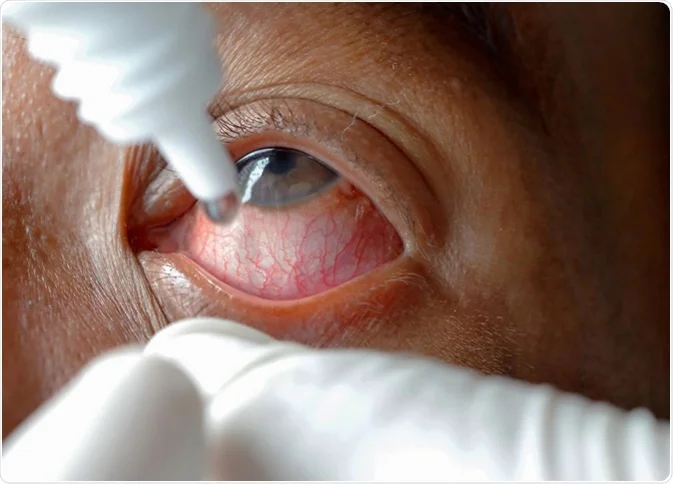



Eye Care
Eye care services focus on the prevention, diagnosis, treatment, and management of eye conditions and visual impairments. These services are essential for maintaining good vision, detecting early signs of eye diseases, and providing corrective measures to improve sight. Eye care professionals, including optometrists, ophthalmologists, and opticians, work together to ensure individuals receive comprehensive eye care tailored to their specific needs.
Examples:
1. Vision Screenings: Routine eye exams are a fundamental part of eye care services, allowing for early detection of vision problems. For example, an optometrist may perform a visual acuity test to determine if a patient needs glasses or contact lenses to correct refractive errors such as nearsightedness or astigmatism.
2. Diagnosis and Treatment of Eye Diseases: Eye care services include the diagnosis and management of various eye conditions, such as glaucoma, cataracts, and macular degeneration. For instance, an ophthalmologist may use tonometry to measure eye pressure and detect glaucoma early, which can then be managed with medication or surgery to prevent vision loss.
3. Corrective Procedures: Many eye care services involve corrective procedures to improve vision. For example, LASIK surgery is a popular procedure that reshapes the cornea to correct refractive errors, reducing or eliminating the need for glasses or contact lenses. Additionally, cataract surgery involves removing the clouded lens of the eye and replacing it with an artificial lens to restore clear vision.
Illustration:
Imagine a middle-aged individual who starts experiencing blurry vision and difficulty reading small print. Concerned, they schedule an appointment with an optometrist. During the eye exam, the optometrist diagnoses presbyopia, a common age-related condition that affects near vision. The patient is prescribed reading glasses to correct the issue, and the optometrist also checks for signs of other eye conditions, such as cataracts or glaucoma. The patient is advised to return for regular check-ups to monitor their eye health and adjust their prescription as needed. If any eye disease is detected in the future, the optometrist would refer the patient to an ophthalmologist for further treatment.
Eye care services are crucial for maintaining overall eye health and ensuring that individuals can enjoy clear vision throughout their lives. By providing regular screenings, early diagnosis, and effective treatment options, these services help prevent vision loss, manage chronic eye conditions, and enhance the quality of life for people of all ages.